by Christopher Miskimon
The German commander at the Battle of Aschaffenburg, Major Emil Lamberth, was a World War I veteran who had arrived in the city in June 1944 to assume command of the 9th Pioneer (Engineer) Battalion. Before the war he had been a schoolteacher who maintained his reserve commission. he was apparently a diligent officer because within a few months he was also working as the deputy to Lt. Col. Kurt Von Huenersdorff, the city’s garrison commander. At the end of January 1945, Lamberth took over that position himself.
The German and American View of Lamberth
As the Alied armies approached, Lamberth prepared the city to take its place in the local defensive line. He was made the Aschaffenburg combat commander despite the presence of higher-ranking officers, most likely because of his combat experience and apparent dedication to duty. His command required him to work with various party and municipal officials.
[text_ad]
When the battle began, Lamberth’s battle group consisted of a widely varied and largely untrained body of troops. That the defense of the city was conducted with such vigor and for so long is in part a testament to his leadership. There are tow different views of this man, however: Not unexpectedly, one view is mostly that of the American veterans of the battle while the other comes largely from the German side.
In the first case, many characterize him as an ardent Nazi who ruthlessly pushed his soldiers to fight a hopeless battle, with the full backing of his SS comrades. Some Hungarian POWs captured during the battle told their captors that more Germans wanted to surrender but their officers and SS overseers would not allow it. To discourage defeatism and surrender, he executed one officer, a Lieutenant Heymann, and another, a Luftwaffe man who felt he did not have any skills to bring into the fight. Troops and correspondents reported seeing a number of bodies swinging from lampposts.
There is other evidence that Lamberth was not in complete control of the fight. According to some independent accounts and Lamberths’ own postwar statement, SS and Nazi Party men constantly interfered with his conduct of the battle. Rather than act as comrades in arms, these Nazis were more like overseers.
Post-War Charges
Lamberth was tried for manslaughter after the war; at his trial he stated that Heymann had offered no defense to the charges against him. This caused the major to consider him guilty. Lamberth was found guilty himself and sentenced to four years in prison although the sentence was reduced because the court found Lamberth to be under pressure from the SS commission and Nazi officials.
A 1949 Aschaffenburg newspaper article states that Lamberth was drunk at the time he condemned Heymann, not an excuse for his conduct, certainly, but not something one would expect from an ardent Nazi intent on maintaining control in order to exact maximum casualties from his foe.
The truth is likely somewhere in the middle and will be colored by the pint of view of the observer. The Americans understandably were biased against Lamberth. He had forced them to fight a tough battle they did not expect and did not want. While he was within his authority to execute soldiers for cowardice, this was not something Americans generally did, and the concept would have repulsed them. Many of the American news statements about Lamberth were written with a dramatic flair; on the German side, many certainly made efforts after the war to distance themselves from the Nazis and to emphasize the fear and coercion they lived under during the Third Reich.
What can be said is that Lamberth seemed a skilled and experienced officer, given the 10-day defense he conducted. With his skills not in question, identifying the motivation for his actions remains problematic.
Originally Published June 10, 2014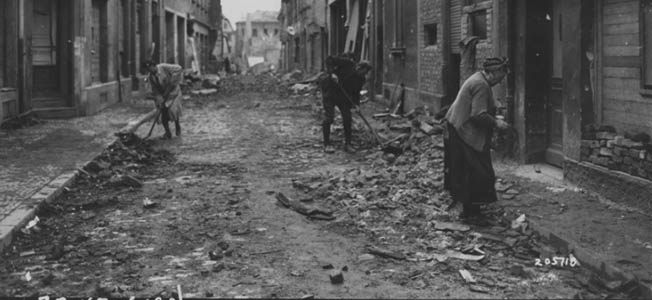

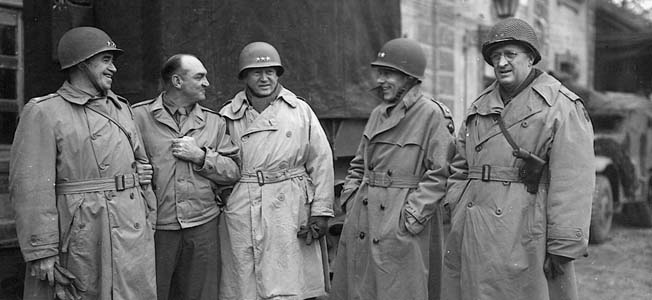
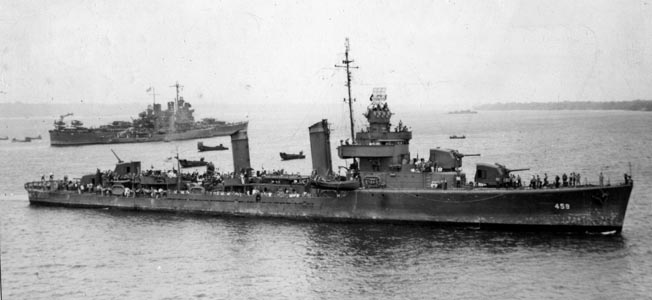
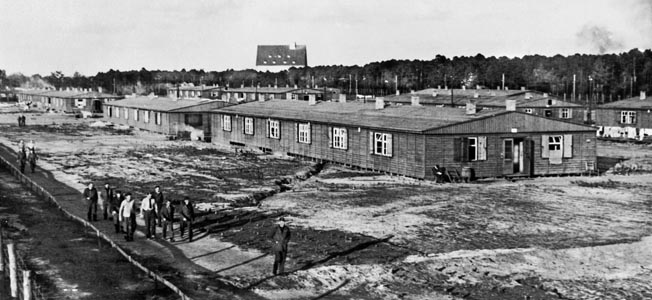
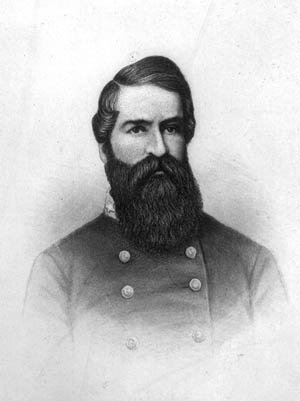
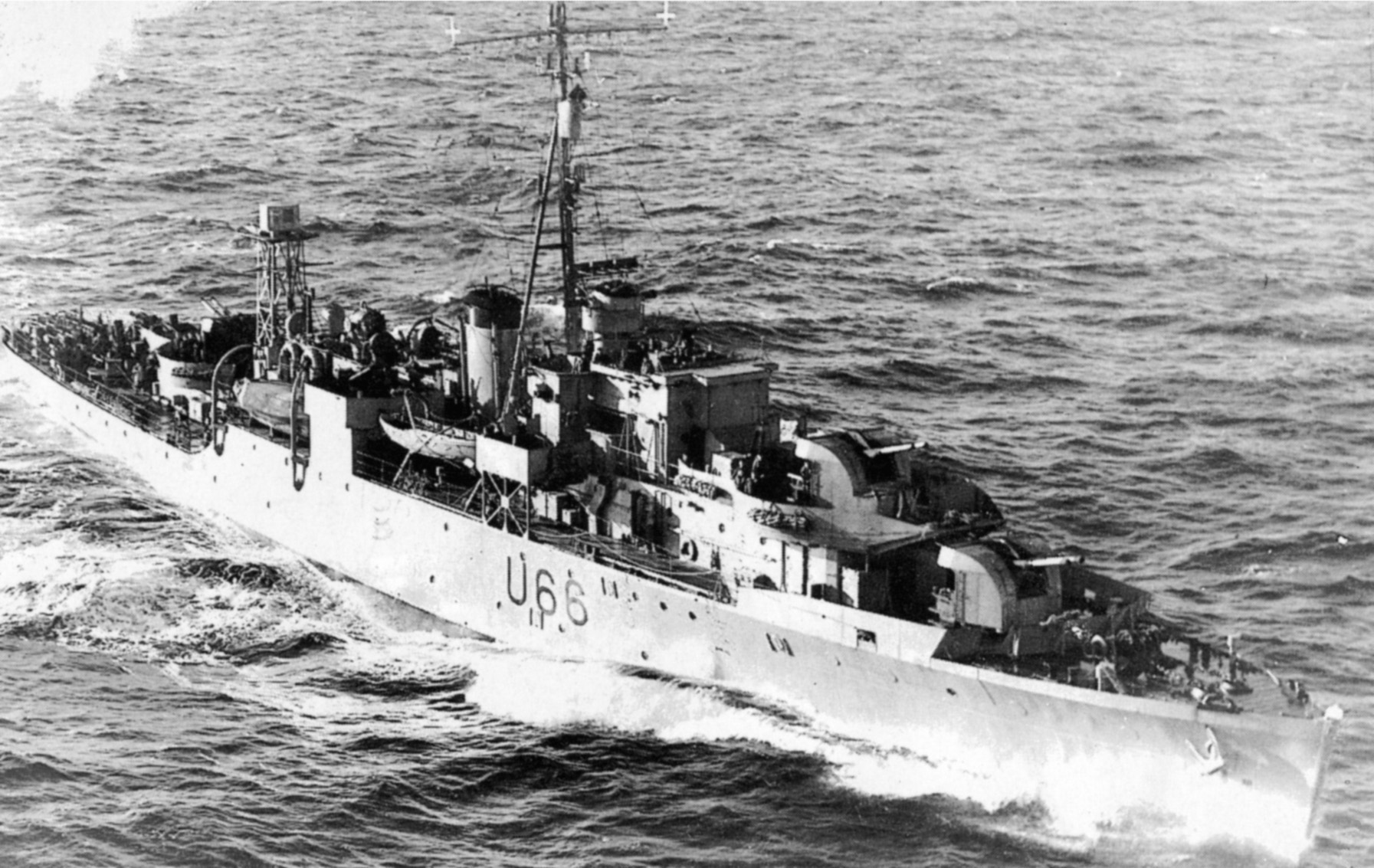

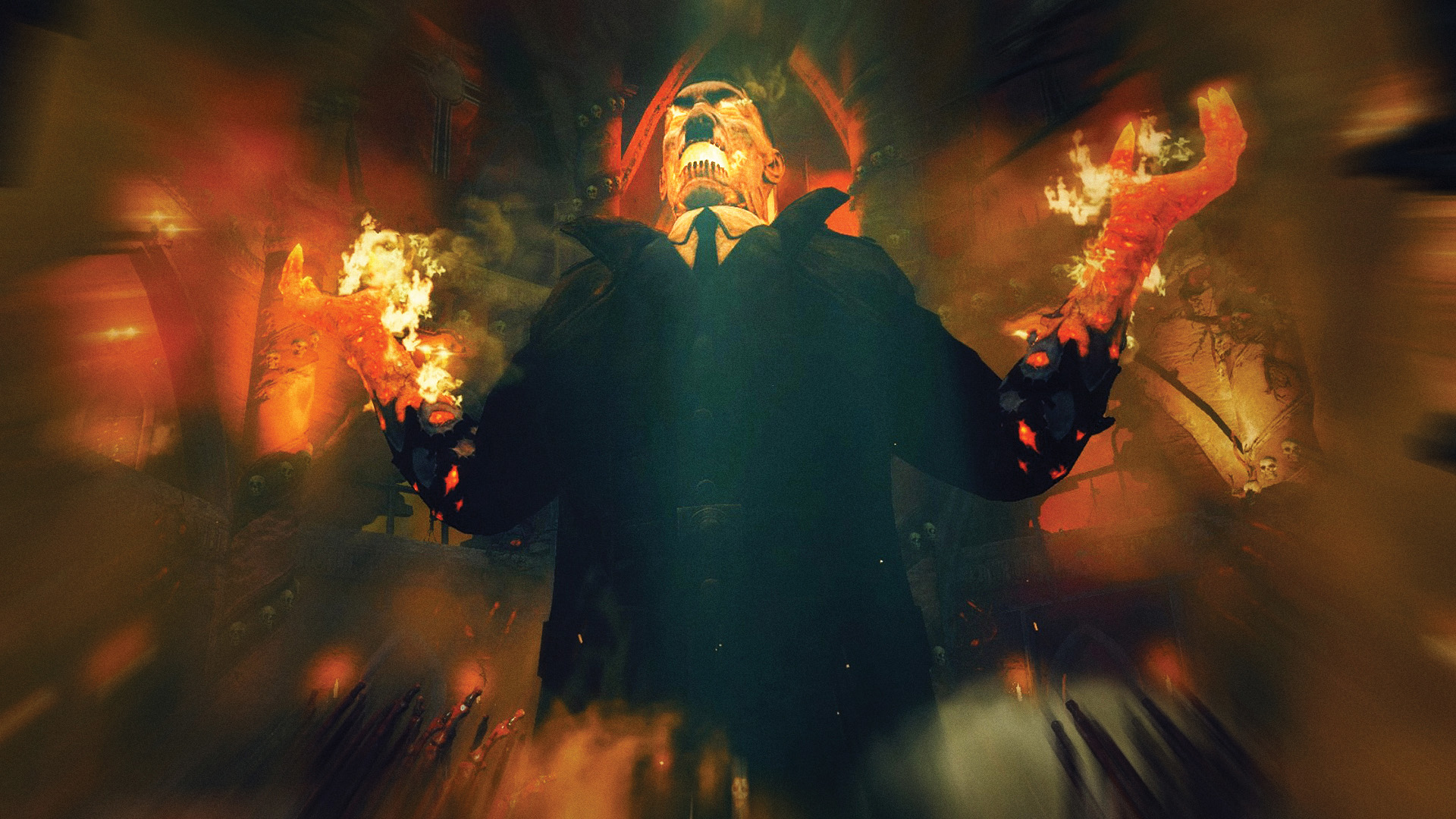
Join The Conversation
Comments
View All Comments